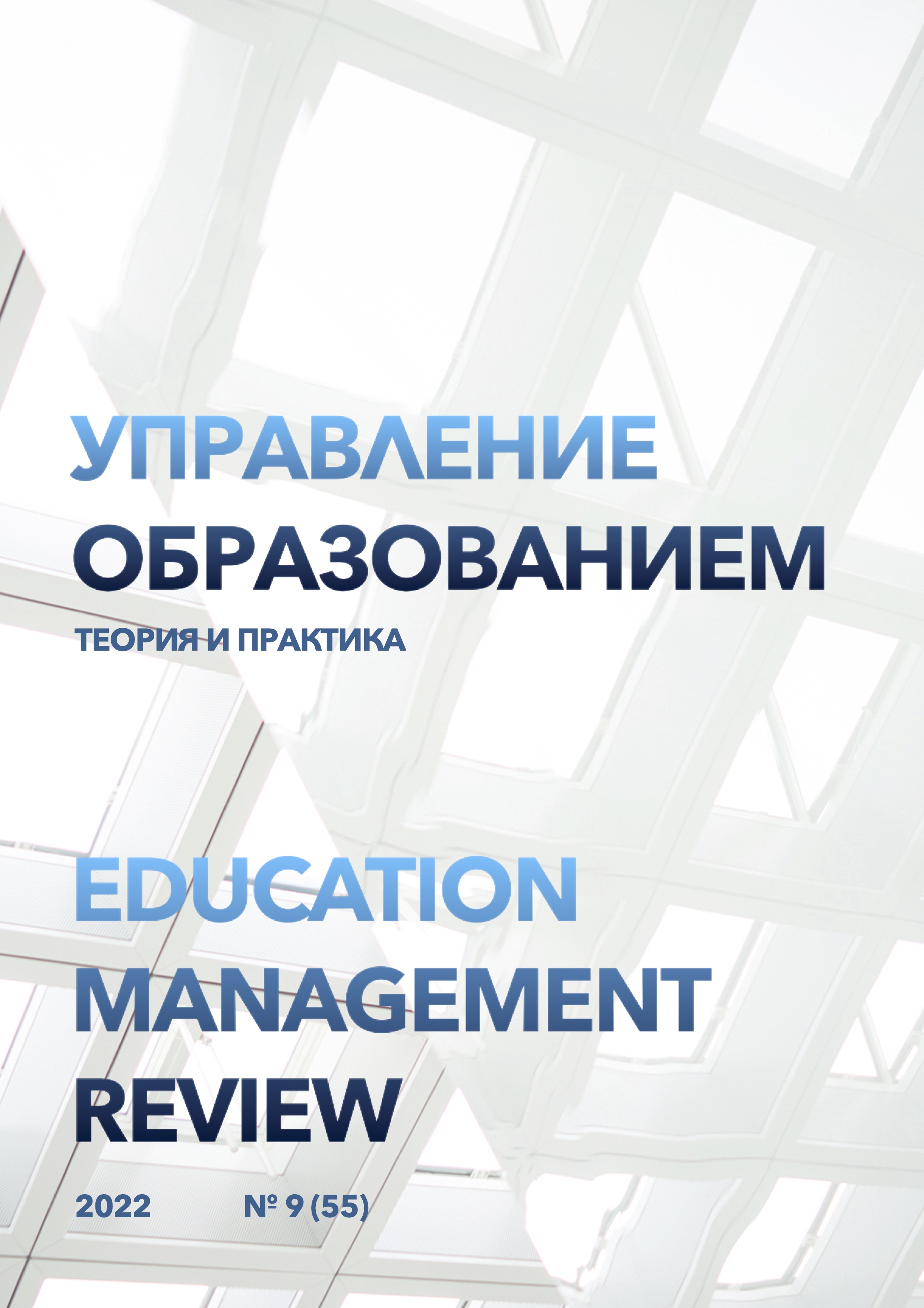Possibilities of stratification of managerial competencies of oilfield service enterprises
DOI:
https://doi.org/10.25726/h9096-8202-5919-iKeywords:
stratification, management competencies, service, enterpriseAbstract
In the first decades of the XXI century, large-scale and profound transformations took place in the coordinates of management under the influence of a number of factors. Breakthrough technologies, innovative business solutions, geopolitical and demographic changes have affected the transformations of the management mechanisms of the public sector of national economies and significantly increased the dynamism of the business space. The impetus for new flexibility and adaptability in management was the regime of sanitary and epidemiological restrictions imposed due to the spread of COVID-19 coronavirus infection, which led to the reformatting of the business communications system and introduced a number of innovations in the organization of the activities of subjects of all segments, spheres and industries at different levels - from global to microeconomic. Large scale and meaningful transformations have become the current reality, within which new imperatives are being formed, new opportunities are emerging, new risks and threats to effective management are emerging. The effectiveness of management is primarily a projection of the competence of managers at various levels of management, functional areas and business processes. It is the ability to produce and implement innovative management solutions aimed at ensuring and supporting the functioning of companies, enterprises, organizations in the face of new challenges from both the external and internal environment that becomes one of the prerequisites for effective management.
References
Бавыкина Е.Н., Фомина С.А., Корецкая Т.В. Маркетинговые стратегии на рынке образовательных услуг как основа стратегии устойчивого развития вуза // Экономика устойчивого развития. 2021. № 3. С. 20-24.
Бонтис Н. Оценка знаниевых активов: обзор моделей, используемых для измерения интеллектуального капитала // Управление знаниями: хрестоматия. СПб.: Высшая школа менеджмента, 2010. С. 312-347.
Володченко В.С., Ланцова Д.С., Миронова Т.А. Понятие и классификация информационных технологий // Достижения науки и образования. 2020. № 12 (66). С. 41-43.
Иванов С.Н. Методы мониторинга и анализа транзакций для оптимизации показателей покупок и продаж товарной продукции в системе контуров обращения криптовалюты или смартконтрактов //Вестник экономической безопасности. 2018. № 1. С. 319—323.
Корниенко A.A. Экспертное знание в обществе порожденного риска: концептуальный аспект //Вестник Томского государственного университета. Философия. Социология. Политология /Национальный исследовательский Томский государственный университет (ТГУ). 2018. №43. С. 69-79.
Кортенко Л.В. Управление профессиональным развитием персонала как фактор его успешного функционирования // Экономика и эффективность организации производства. 2007. № 7. С. 115-119.
Кошкина Л.Ю., Панкратова С.А., Панкратов А.С. Информационные технологии и цифровое общество // Сайт дистанционного образования MOODLE КНИТУ (КХТИ). https://moodle.kstu.ru/course/view.php?id=7115
Митрофанова С.Ю. (Раз)очарование «участвующей» перспективой социологии детства: участвующий подход в исследовании детства и его критическое осмысление // Вестн. Нижегородского ун-та им. Н. И. Лобачевского. Сер.: Социальные науки. 2016. № 4 (44). С. 167-177.
Ницевич В.Ф. Цифровая социология: теоретико-методологические истоки и основания //Цифровая социология. 2018. Т. 1, № 1. С. 18-29.
Полякова А.Г. Цифровая социология и исследование социальных механизмов в интернет-пространстве // Социодинамика. 2021. № 2. С. 51-64.




